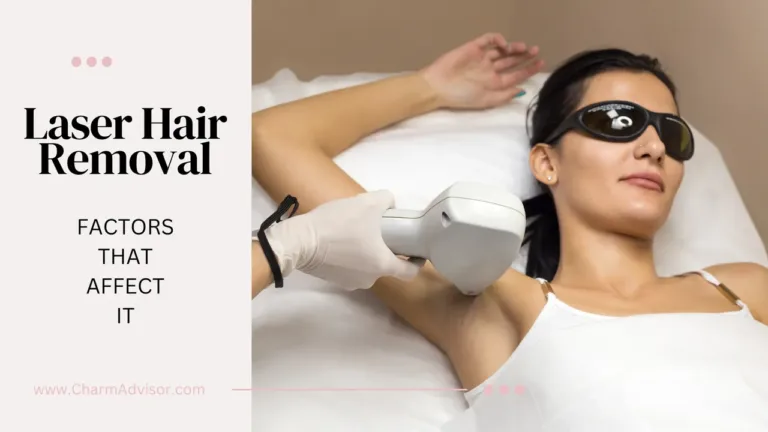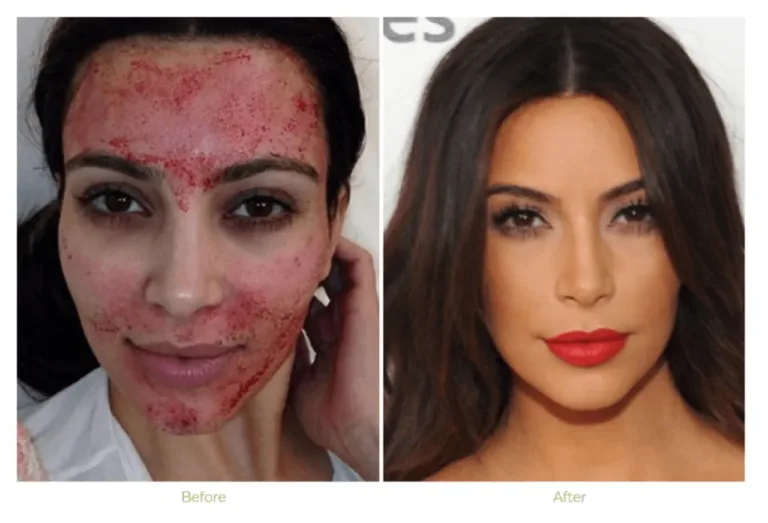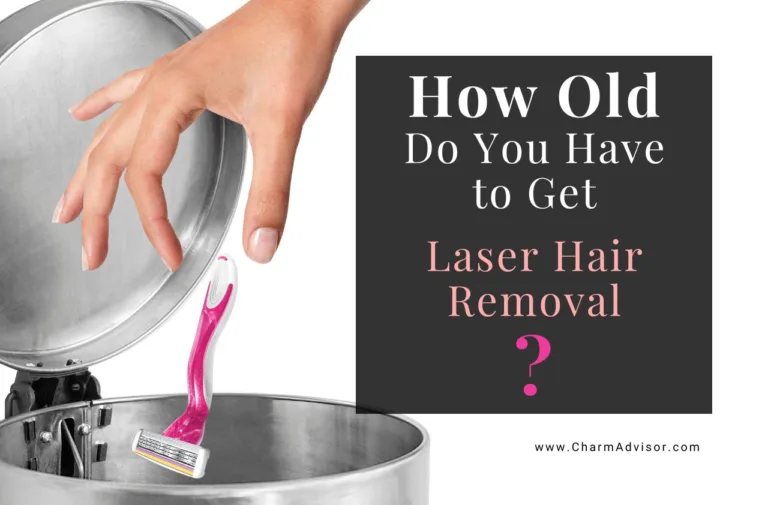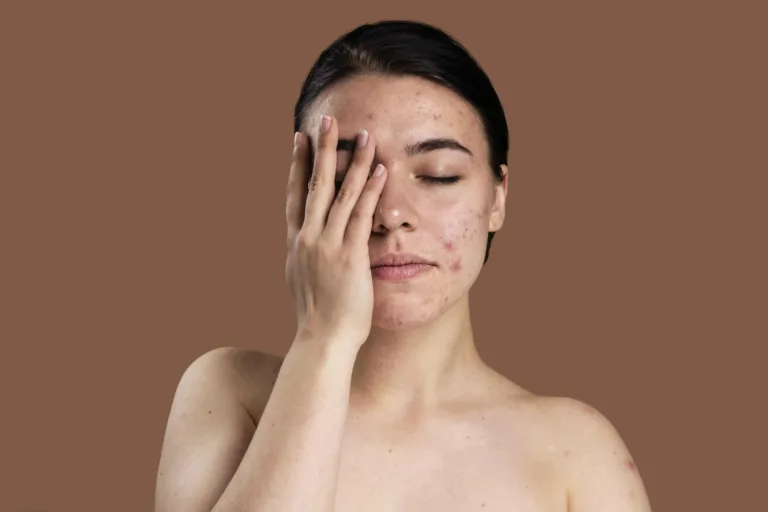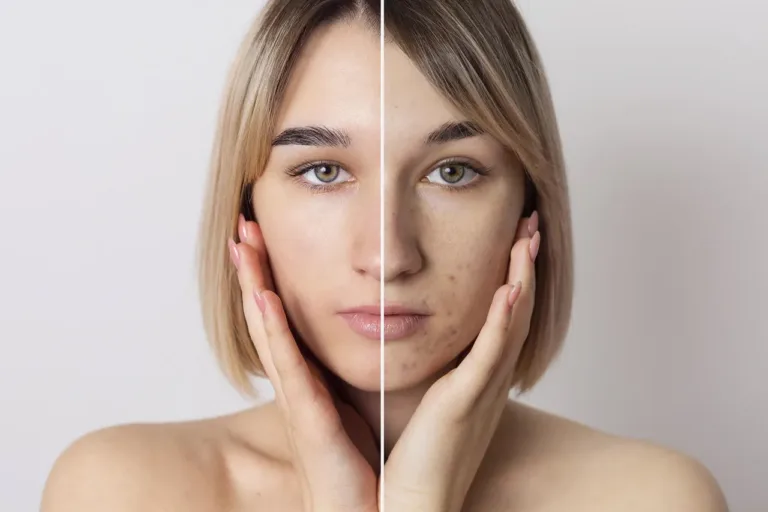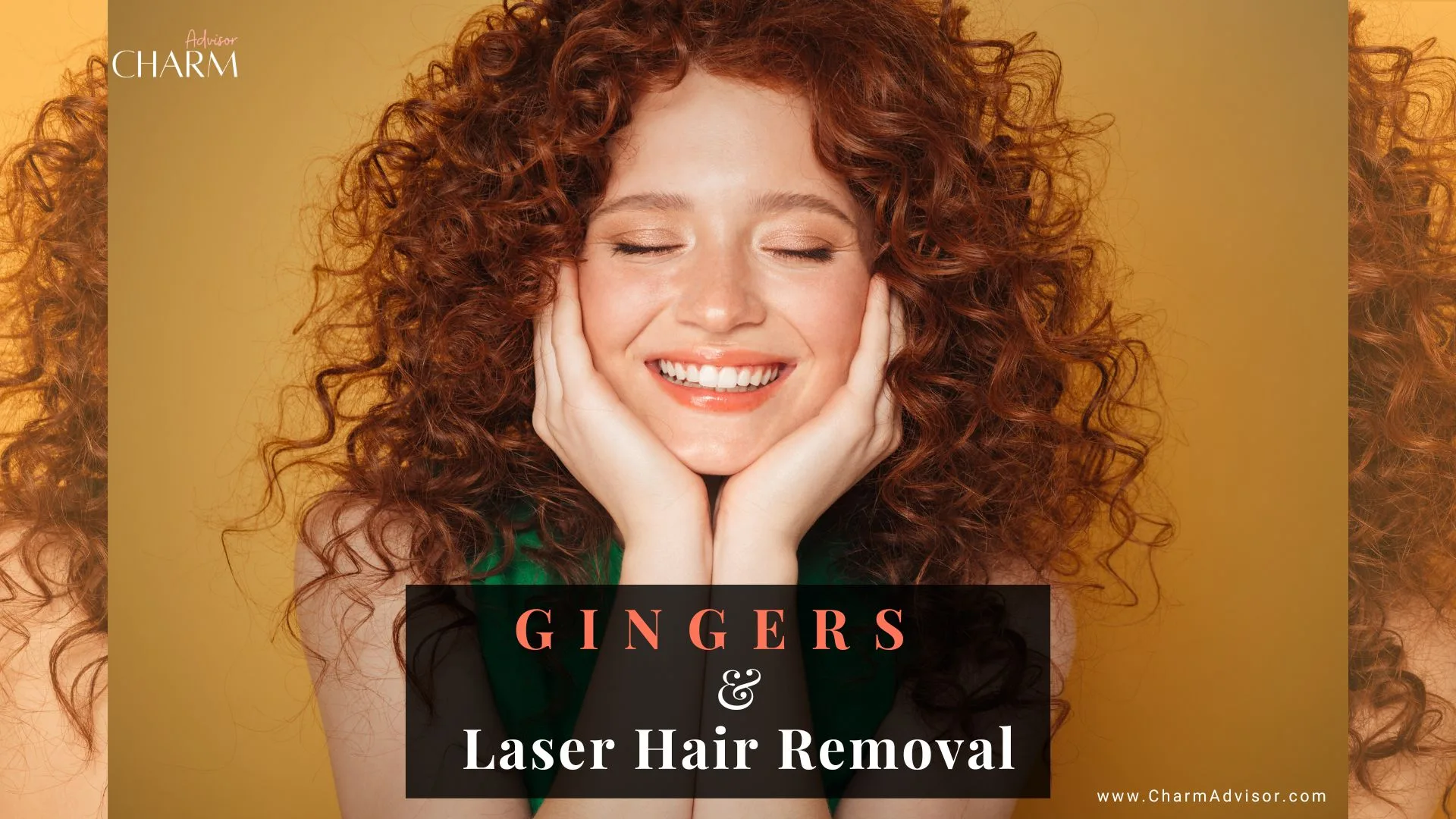
Have you ever wondered if gingers can get laser hair removal? If you have ginger hair, you may have heard that laser hair removal is not an option for you. You may have been told that your hair is too light, too thick, or too resistant to the laser.
You may have even given up on the idea of getting rid of your unwanted hair for good. But is that really true? Can gingers get laser hair removal, or are they doomed to a lifetime of waxing, shaving, or electrolysis?
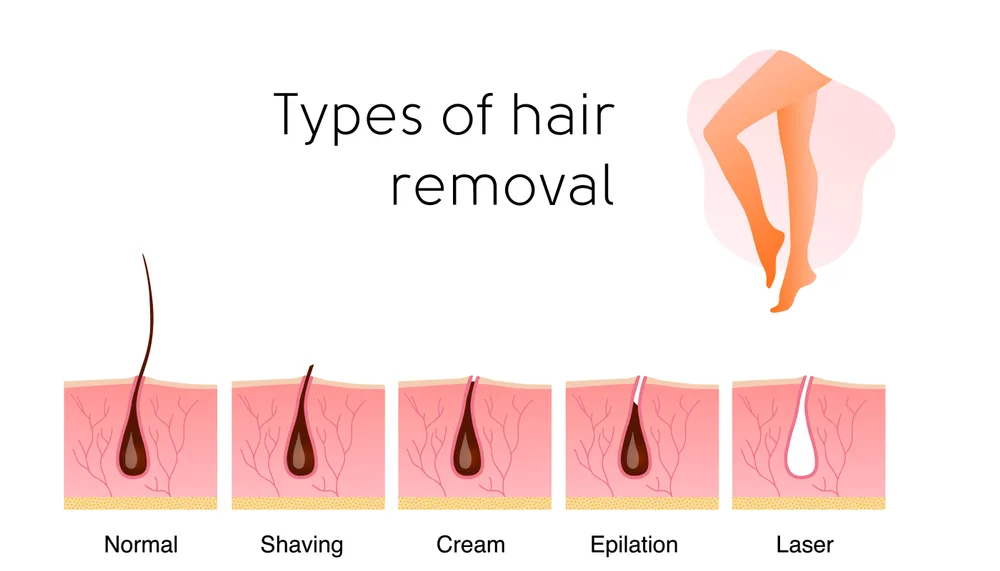
In this article, we will answer this burning question and reveal the truth about red hair and laser treatments. We will also explain what laser hair removal is, how it works, and why it is more challenging for gingers than for other hair colors. We will also discuss the latest advances in technology that have made laser hair removal possible for gingers, and the factors that affect the success and efficiency of the procedure.
Finally, we will explore the alternatives to laser hair removal for gingers, and provide some tips and recommendations for choosing the best option for your situation and preferences. By the end of this article, you will have a clear understanding of the pros and cons of laser hair removal for gingers, and the best way to achieve smooth and hair-free skin.
In this article we will discuss:
What is Laser Hair Removal and How Does It Work?
Laser hair removal is a cosmetic procedure that uses a concentrated beam of light to destroy hair follicles and prevent hair growth.
The laser targets the pigment (melanin) in the hair, which absorbs the light and converts it into heat.
The heat damages the hair follicle, which inhibits its ability to produce new hair. The result is a permanent reduction of hair in the treated area.
Laser hair removal can be performed on any part of the body, such as the face, legs, arms, underarms, bikini line, chest, back, and more.
How Laser Hair Removal Works: The Ultimate Guide to Smooth Skin
Laser hair removal, Benefits vs drawbacks
| Benefits | Drawbacks |
|---|---|
| Long-lasting and effective solution for unwanted hair | High cost that may not be covered by insurance |
| Fast and convenient procedure that can treat large areas in a short time | Need for multiple sessions to achieve optimal results |
| Safe and relatively painless procedure that causes minimal side effects | Possibility of temporary or permanent side effects, such as skin irritation, redness, swelling, blistering, scarring, infection, or changes in skin color |
| Smooth and even skin texture that improves the appearance and confidence of the patient | Limitation of effectiveness for certain hair colors, types, and skin tones |
One of the main challenges of laser hair removal is that it works best for dark hair and light skin. This is because the laser needs a contrast between the hair and the skin to target the pigment effectively. If the hair is too light or the skin is too dark, the laser may not be able to distinguish the hair from the skin, and may either miss the hair or damage the skin. This is why laser hair removal is more difficult for gingers than for other hair colors.
Why is Ginger Hair Different from Other Hair Colors?
Ginger hair, also known as red hair, is a rare and unique hair color that is caused by a genetic mutation. Only about 1-2% of the world’s population has ginger hair, and most of them are of European descent. Ginger hair has some distinctive features that make it different from other hair colors, such as:
Less pigment: Ginger hair has less melanin than other hair colors, which makes it lighter and more translucent. Ginger hair can range from strawberry blonde to copper to auburn, depending on the amount and type of melanin present.
More thickness: Ginger hair has more hair follicles than other hair colors, which makes it thicker and denser. Ginger hair can have up to 90,000 hair follicles, compared to 60,000 for blondes and 40,000 for brunettes.
More resistance: Ginger hair has a stronger and coarser texture than other hair colors, which makes it more resistant to damage and breakage. Ginger hair also has a higher pH level, which makes it less prone to fading and discoloration.
How can Ginger Hair features implicate Laser hair removal?
These features of ginger hair have some implications for laser hair removal, such as:
Less absorption: Because ginger hair has less pigment, it absorbs less light and heat from the laser, which reduces the effectiveness of the procedure. Ginger hair may require more sessions, higher settings, or different types of lasers to achieve the desired results.
More sensitivity: Because ginger hair has more hair follicles, it covers more surface area of the skin, which increases the exposure to the laser. Ginger hair may cause more pain, discomfort, or side effects during and after the procedure.
More variability: Because ginger hair has a wide range of shades and tones, it may respond differently to the laser depending on the individual. Ginger hair may require a customized approach and a careful evaluation of the hair and skin color before the procedure.
myths and misconceptions about ginger hair
There are also some common myths and misconceptions about ginger hair and its relation to laser hair removal, such as:
- Ginger hair is immune to laser hair removal: This is false. Ginger hair can be treated with laser hair removal, but it may require more effort and expertise than other hair colors.
- Ginger hair is the same as blonde hair: This is false. Ginger hair is not the same as blonde hair, and it may not respond the same way to the laser. Ginger hair has more pigment and more thickness than blonde hair, which makes it more challenging for laser hair removal.
Can Gingers Get Laser Hair Removal? The Answer May Surprise You
So, can gingers get laser hair removal, or are they out of luck? The answer is: yes, they can, but with some caveats. The truth is that laser hair removal for gingers is not impossible, but it is not easy either. It requires a combination of factors, such as:
1- The right type of laser
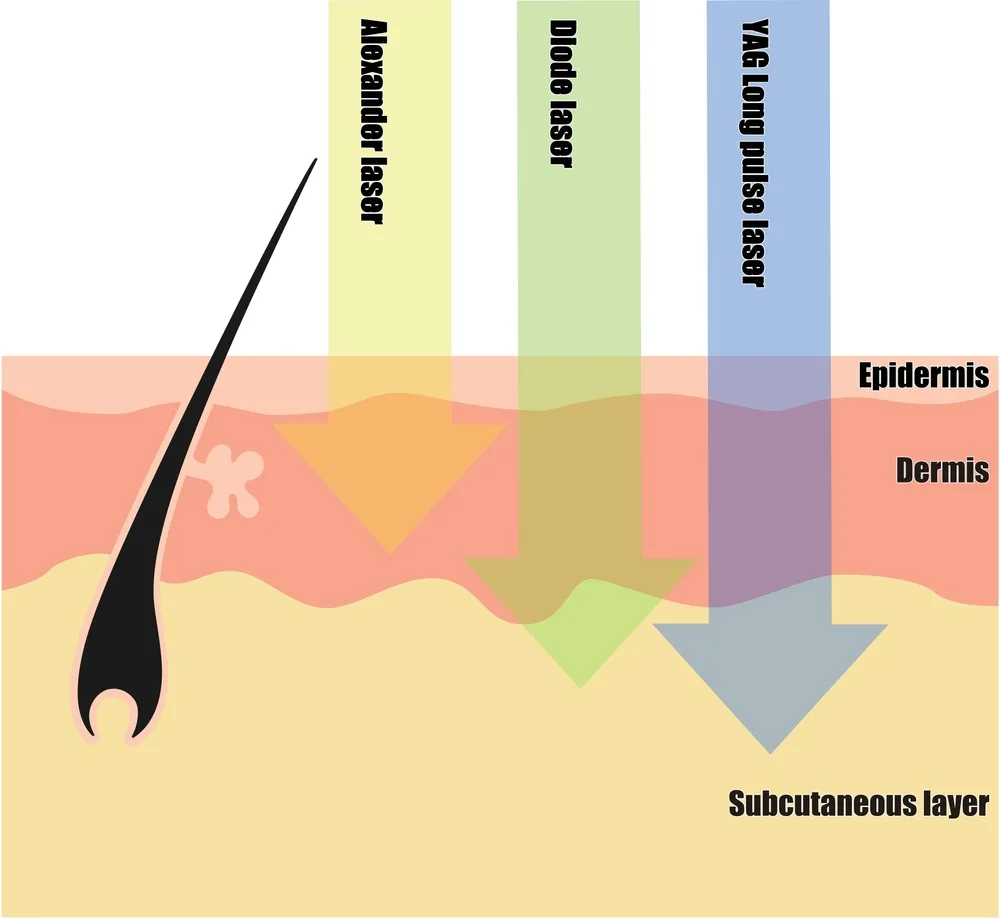
Not all lasers are created equal, and some are more suitable for gingers than others. The most common types of lasers used for hair removal are:
| Laser Type | Wavelength | Ideal for | Challenges for Gingers |
|---|---|---|---|
| Alexandrite | 755 nm | Dark hair and light skin | May not detect pigment, may cause more pain and side effects |
| Diode | 800-810 nm | Various hair colors and skin tones | May still struggle to target pigment, may cause more discomfort and irritation |
| Ruby | 694 nm | Very light hair and very light skin | Outdated, slow, painful, risky, limited |
| Nd:YAG | 1064 nm | Gingers and other hair colors and skin tones | None |
More information about Laser devices Here.
2- The right setting and technique
Even with the right type of laser, gingers still need to be careful and cautious when undergoing laser hair removal. They need to make sure that the setting and the technique are appropriate for their hair and skin type, such as:
The right power and pulse
Gingers may need a higher power and a longer pulse than other hair colors, as their hair is less responsive to the laser. However, they also need to avoid going too high or too long, as that may cause more damage and discomfort to the skin. They need to find the optimal balance between effectiveness and safety, and adjust the setting accordingly.
The right angle and direction
Gingers may need to change the angle and the direction of the laser depending on the area and the shape of the hair. For example, they may need to use a perpendicular angle for the face and a parallel angle for the legs, or they may need to use a circular motion for the underarms and a linear motion for the arms. They need to follow the natural growth pattern of the hair and avoid overlapping or skipping any spots.
3- The right preparation and aftercare
Gingers may need to do some extra steps before and after the laser hair removal to ensure the best results and the least side effects, such as:
Shaving the hair before the treatment: Gingers need to shave the hair in the area to be treated a day or two before the laser session. This is because the laser needs to target the hair follicle, not the hair shaft. Shaving the hair will make the laser more effective and reduce the risk of burning or blistering the skin.
You can learn more about shaving and Laser Hair removal in this article Here.
Avoiding sun exposure before and after the treatment: Gingers need to avoid sun exposure for at least two weeks before and after the laser session. This is because the sun can make the skin more sensitive and prone to damage or discoloration. Gingers need to use sunscreen, wear protective clothing, and stay in the shade as much as possible.
Applying ice or aloe vera after the treatment: Gingers need to apply ice or aloe vera to the treated area after the laser session. This will help soothe the skin, reduce inflammation, and speed up the healing process. Gingers need to avoid scratching, rubbing, or picking at the skin, as that may cause infection or scarring.
You can also learn more about showering after Laser Hair Removal here.
By following these guidelines, gingers can increase the chances of having a successful and safe laser hair removal experience. However, they also need to be realistic and patient, as laser hair removal for gingers may not be as fast or as effective as for other hair colors. They may need more sessions, longer intervals, and lower expectations to achieve their desired results.

